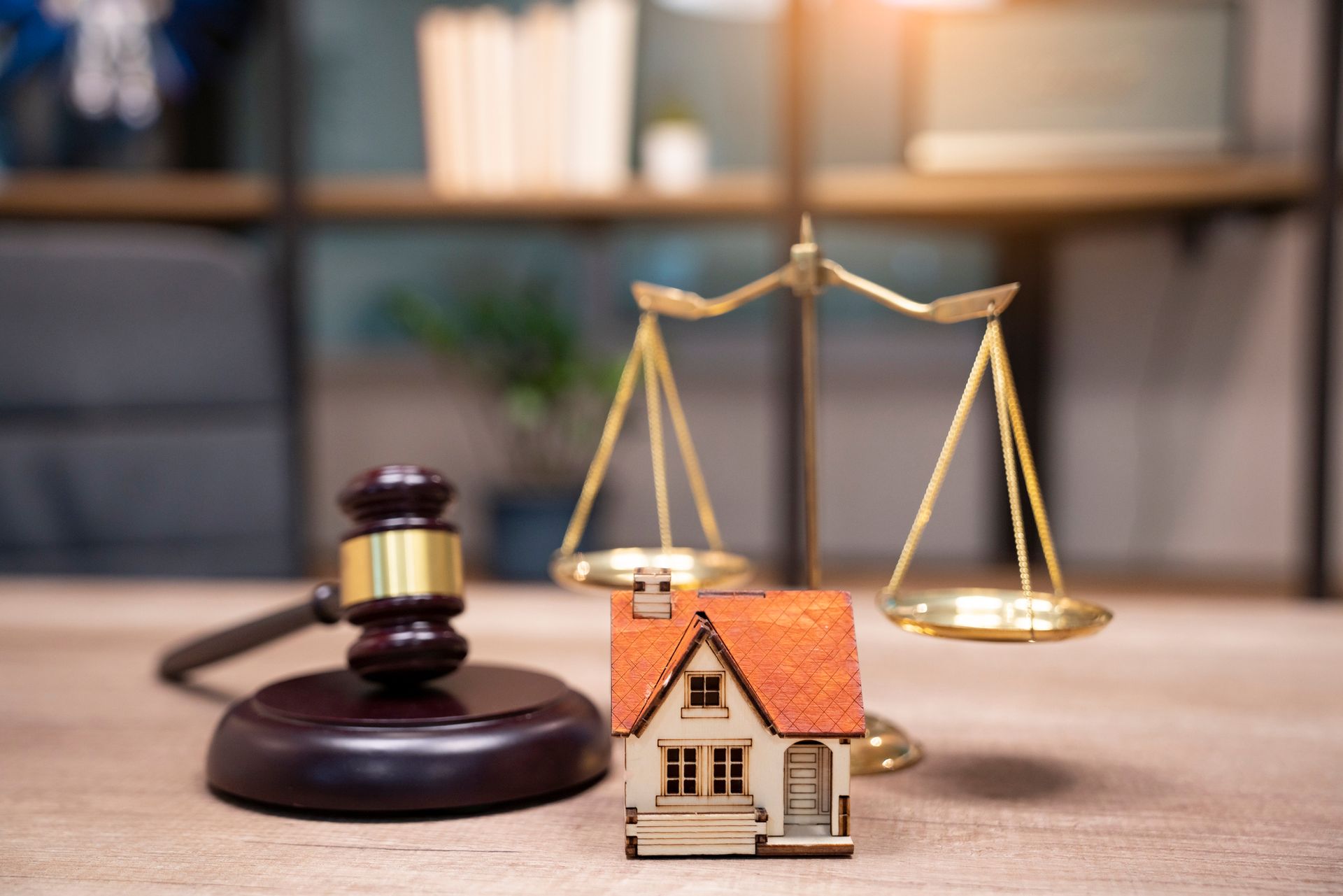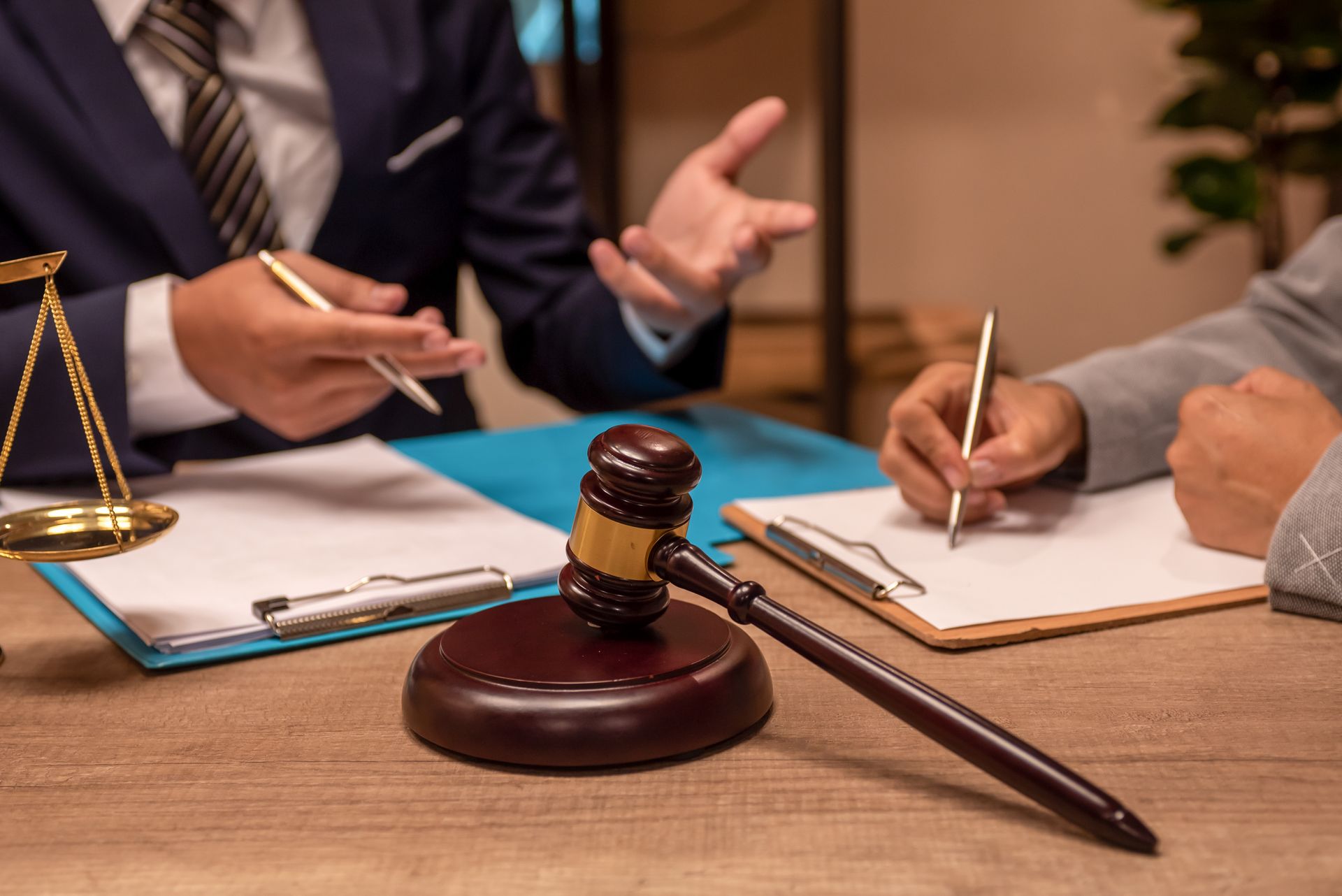If You Don't Have an Estate Plan, the State has One for You

Estate planning is an important but often neglected task. It can be challenging for many folks to focus on what will happen when they are gone, but it is necessary to do so anyway. When you do not have an estate plan, your assets and property are left vulnerable, which can put your loved ones in an untenable position. In New Jersey, if you don’t have an estate plan, your wishes will not hold weight against state laws about inheritance and probate.
It’s important, so we’ll say it again: If you do not have an estate plan, NJ will make one for you, which may go against your desires.
Here, we will explore the NJ probate process and what happens if you die without an estate plan.
What is probate?
Probate is a court-supervised process in which the state will settle and distribute your assets and property after your death. The average time frame for the probate process in NJ is one year, but it can take longer. Without a will in place, your belongings and assets will be distributed in compliance with NJ's intestacy laws during the probate process. These laws outline a hierarchy of heirs for those who pass without an estate plan or will in place. This hierarchy typically starts with spouses and children and then goes to parents, siblings, grandparents, and so on. When you have no living heirs, the state of NJ will assume control of your assets.
Who will be the executor of my estate if I don't have a will?
The probate process always begins by attempting to locate a will or estate plan. If one cannot be found, the court will seek to appoint a representative of the estate. Similar to an executor, this person will have the power to influence how assets and property are distributed. They will also be responsible for paying back the estate's debts, filing a tax return for the deceased, and paying any due taxes from the estate.
With an estate plan, you can determine who controls your estate when you are gone. This can help ensure that the person you trust the most is acting on your behalf. Without an estate plan, relatives can be blindsided by end-of-life responsibilities or end up in a legal battle over control of your estate.
How does estate planning impact taxes?
When you do not have an estate plan, you may have to pay higher estate taxes to NJ. In New Jersey, the estate tax exemption is only $675,000. If your estate is worth more than this amount, it is subject to estate taxes. These taxes can be as high as 16%, significantly reducing assets passed down to your heirs.
With estate planning, however, an attorney and financial planner can work with you to determine the best ways to avoid estate tax. There are legal ways you can establish your estate plan to reduce or even totally eliminate estate taxes.
How can an estate plan protect me?
When you have an estate plan, you have more control over what happens to the life you built after you are gone. You get to determine your legacy. You can designate beneficiaries, guardians for younger children, successors of your business, and create a peaceful, easy transition for your loved ones after your death.
Do I have to work with a New Jersey estate planning attorney?
Some folks do not work with an attorney to prepare their will. That being said, an attorney can help you protect your assets and support loved ones with the full power of the law. Not only can they help you avoid common estate planning mistakes, but they can also ensure that all of your documentation is in order and help you save money on taxes. An attorney can also help you establish a plan for any unique circumstances.
It is critical that you have a thought-out estate plan in order to protect yourself, your loved ones, and your legacy. Veitengruber Law is an experienced estate planning firm in New Jersey. We can help you create a plan that upholds your wishes.










